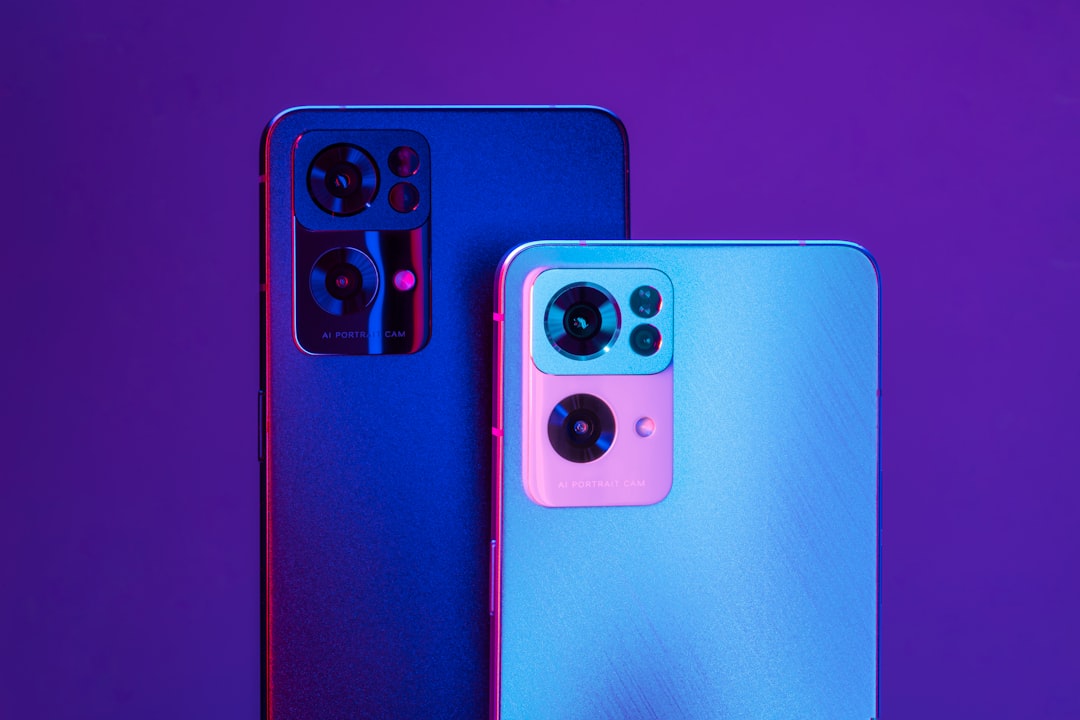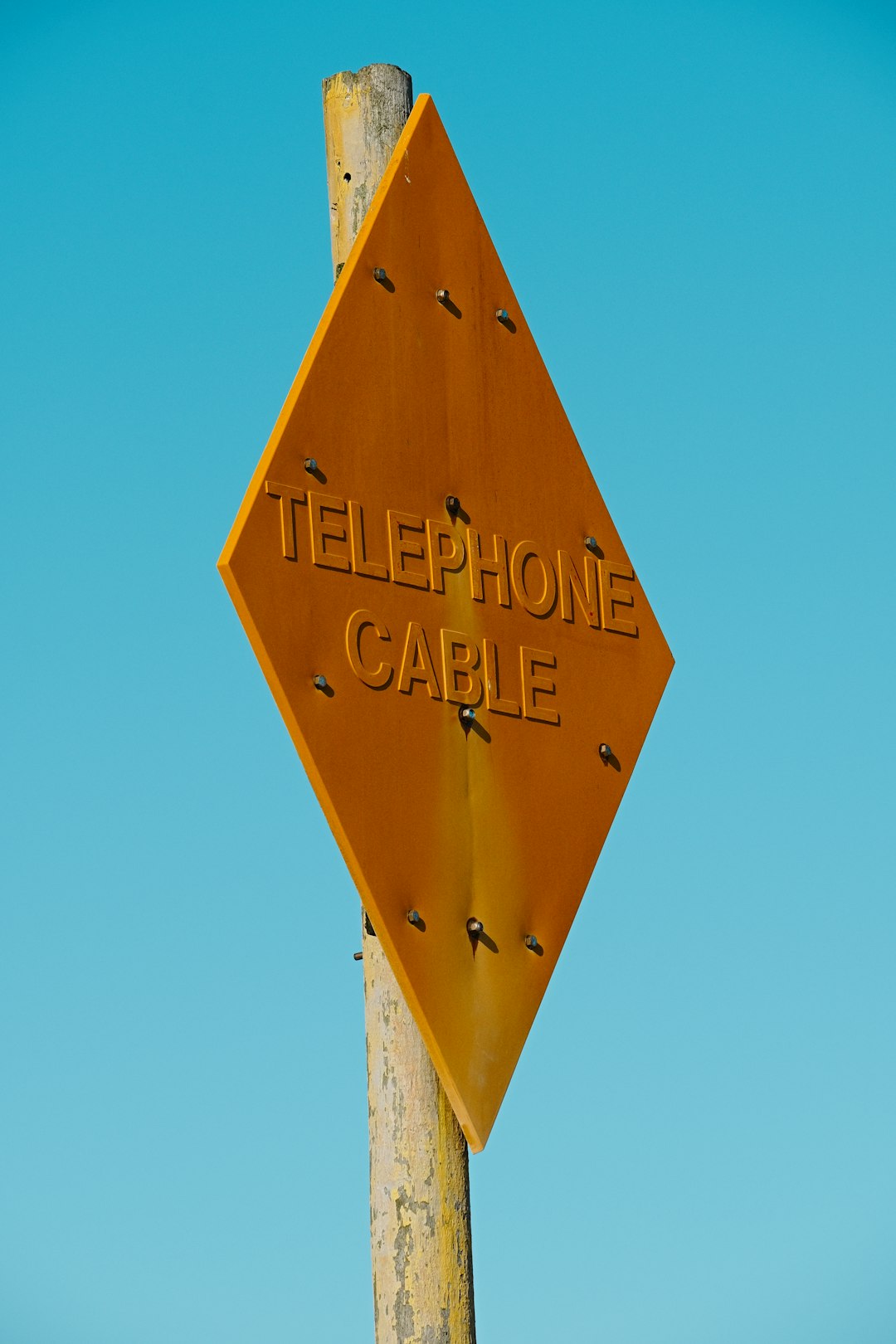Houston dermatologists face strict TCPA compliance requirements to avoid spam call regulations. Partnering with a Spam Call law firm Houston ensures proper patient consent, record-keeping, and opt-out mechanisms, protecting practices from fines and reputational damage while adhering to evolving legal nuances in the competitive market.
In the dynamic landscape of healthcare, Houston dermatologists must navigate intricate regulations, especially regarding patient communication. The Telephone Consumer Protection Act (TCPA) is a game-changer in preventing spam calls and protecting consumers. This article delves into the world of TCPA compliance specifically for Houston’s dermatology practices. We explore how these professionals can steer clear of regulatory pitfalls by understanding the law’s impact, adapting to Houston’s unique spam call landscape, and adopting effective compliance strategies. For a reliable guide, turn to a spam call law firm in Houston.
Understanding TCPA and Its Impact on Dermatologists

The Telephone Consumer Protection Act (TCPA) is a federal law designed to protect consumers from unwanted phone calls, including spam calls and text messages. For Houston dermatologists, TCPA compliance is crucial as it directly impacts their patient communication strategies. Violations can result in significant financial penalties and damage to the clinic’s reputation.
Under this act, businesses must obtain explicit consent before initiating automated or prerecorded calls, which often applies to appointment reminders, marketing messages, and survey requests. Dermatologists need to be mindful of how they use technology for patient outreach to avoid running afoul of the Spam Call law firm Houston regulations. Proper documentation of patient consent and adherence to opt-out procedures are essential to ensuring compliance.
Navigating Spam Call Regulations in Houston

In Houston, navigating spam call regulations is crucial for dermatologists looking to maintain compliance and protect their patient base. The Telephone Consumer Protection Act (TCPA) imposes strict rules on automated telephone marketing, aiming to prevent harassing calls and text messages. Dermatology practices must be mindful of consent requirements, ensuring patients have agreed to receive promotional calls or texts. Failure to adhere to these regulations can result in significant fines and damage to a practice’s reputation.
Spam call law firms in Houston play a vital role in guiding dermatologists through this complex landscape. These legal experts help practices understand the nuances of TCPA compliance, ensuring they maintain accurate records of patient consent and implement robust opt-out mechanisms. By working with a reputable spam call law firm, Houston’s dermatologists can avoid costly mistakes and stay ahead of evolving regulatory changes, fostering stronger relationships with their patients.
Compliance Strategies for Houston's Dermatology Practices

Navigating the complex landscape of TCPA compliance can be a daunting task for any business, but it’s especially critical in the competitive Houston dermatology market. To stay ahead of the curve and avoid costly legal repercussions, practices must adopt robust strategies that align with the Spam Call law.
One effective approach is to implement stringent patient consent protocols, ensuring every interaction, from marketing calls to appointment reminders, has explicit approval. Utilizing secure patient portals and digital consent forms can streamline this process while providing a clear audit trail. Additionally, leveraging automation tools for targeted, compliant communication can help dermatologists personalize their outreach without sacrificing efficiency. Remember that staying informed about evolving legal nuances and consulting with a specialized Spam Call law firm in Houston is essential to maintaining compliance and safeguarding your practice’s reputation.






